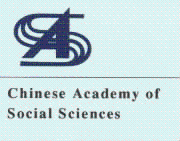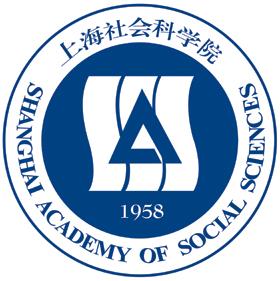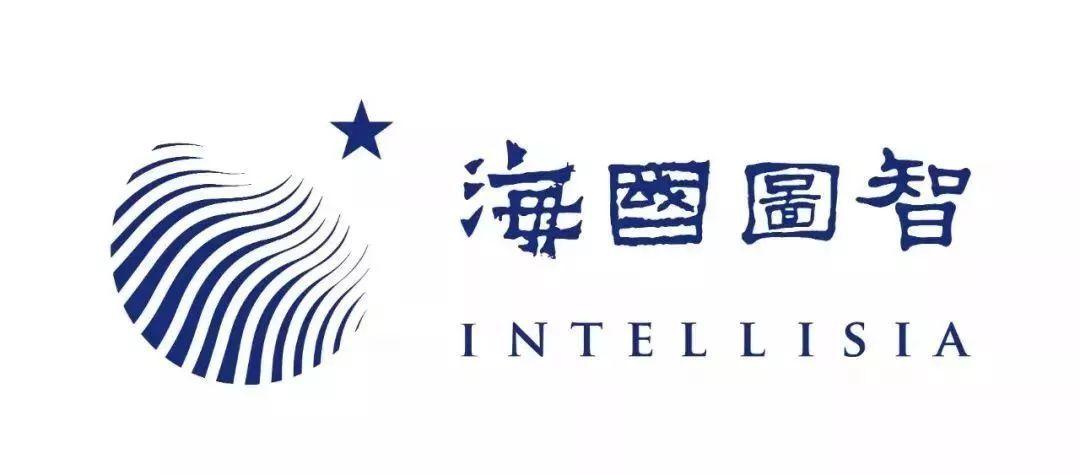Asset Publisher
The Chinese People’s Association for Friendship with Foreign Countries (CPAFFC)

The Chinese People's Association for Friendship with Foreign Countries is the main partner of the KAS office in Beijing. It is a state organization that primarily operates in the field of "People-to-People Diplomacy" of the People's Republic of China. It was founded in 1954. In addition to its headquarters in Beijing, the CPAFFC maintains an extensive network of offices in all provinces and regions of China, which maintain relations with around 500 non-governmental organizations in 157 countries.
To the webpage
Chinese Academy of Social Sciences (CASS)

The Chinese Academy of Social Sciences (CASS) is the most important academic research institution in China in the field of social sciences. It was founded in 1977. One of its tasks is international academic exchange. Today, CASS maintains connections with more than 200 social science research institutions in over 100 countries around the world. The cooperation with KAS was established as early as 1996.
To the webpage
Grandview Institution

The Grandview Institution was founded in 2013 and maintains a network of more than a hundred scholars, government officials, journalists, and business representatives in China. They create policy recommendations for the Chinese central government, as well as for the private sector and local governments, through research projects, analyses, and journals. The focus areas of the Grandview Institution's work include the Belt and Road Initiative, China-Europe and China-U.S. relations, maritime governance, international law, and regional security.
To the webpage
Center for China and Globalization

The Center for China and Globalization (CCG) is one of the leading think tanks in China. CCG was founded in 2008 and focuses on China's growing role in the world, global trade and investment, global migration, international relations, and other aspects of regional and global developments. CCG organizes high-level conferences and expert discussions with political and economic experts and regularly publishes studies and reports.
To the webpage
The Chinese People's Institute of Foreign Affairs (CPIFA)

The Chinese People's Institute of Foreign Affairs was celebrating its 50th anniversary as early as 1999. It was established at the suggestion of the former prime minister Zhou Enlai, who was foreign secretary at the time. The CPIFA aims to promote personal contacts with multipliers from various countries in the world. To this end, the Institute each year invites a number of high-ranking visitors, generates studies on international politics, and organises events of the most varied kind. In addition, the CPIFA nominates delegations to visit foreign countries. Furthermore, it publishes the 'Foreign Affairs Journal' quarterly. Most prominent among the themes of co-operation between the Konrad Adenauer Foundation and the CPIFA are issues of foreign and security policy, another joint concern being the promotion of young foreign-policy experts.
To the webpage
Chinese Institute of International Studies (CIIS)

Founded in 1956, the Chinese Institute of International Studies (CIIS) is an academic institution that is subordinated to the Chinese Foreign Ministry. It conducts its own research projects which mainly focus on strategic issues relating to international politics and the global economy. In addition, the Institute promotes academic exchange programmes with foreign countries. The CISS comprises seven research divisions dealing with the different regions of the world. It employs a workforce of about 100, including many diplomats either retired or on leave.
To the webpage
China Center for International Economic Exchanges

The China Center for International Ecomomic Exchanges (CCIEE) is one of the most important Chinese think tanks specialized on economic issues. CCIEE provides the Chinese government with analyses and policy recommendations in the area of economic policy. Focus topics of its research are global economy, trade, finance and investment as well as macroeconomic strategies, industrial development, structural adjustments and institutional reform.
To the webpage
Shanghai Municipal Commission of Commerce
The Shanghai Municipal Commission of Commerce is an important administrative authority of the city of Shanghai. It is responsible for promoting trade, industry and commercial affairs. The Commission assists companies in developing and implementing trade strategies and offers various services to support international trade. The Shanghai Municipal Commission of Commerce works closely with the KAS office in Shanghai and supports the exchange on trade and economic policy issues in relations between Germany, the EU and China.
To the webpage
Shanghai Academy of Social Sciences (SASS)

Shanghai Academy of Social Sciences (SASS), a leading think-tank and distinguished academic institution, established in 1958, is China’s largest and oldest research institute for the humanities and social sciences at the provincial level. SASS is under the administration of Shanghai Municipal Government. SASS currently has 700 employees, of which about 500 are research staff. Currently, SASS has 15 institutes and over ten interdisciplinary research centres which conduct theoretical research and applied studies, with a special focus on important issues arising from China’s social and economic reform and opening up to the outside world.
To the webpage
Shanghai New York University
Shanghai New York University (NYU Shanghai) is a renowned international university that was founded in 2012 as the first Sino-American cooperative institution in China. It is located in the Pudong area of Shanghai and is jointly operated by East China Normal University and New York University. The university offers Bachelor's, Master's and PhD programs in English and Chinese. With a focus on interdisciplinary education and global exchange, NYU Shanghai promotes academic and cultural dialog between East and West. The KAS office in Shanghai works closely with NYU Shanghai's Program for Creativity and Innovation.
To the webpage
Nanjing University

Nanjing University (NJU) was founded in 1902 and is one of the oldest and most prestigious universities in China. It offers a wide range of disciplines, including science, engineering, medicine, law, economics, management, literature, history and art. NJU is renowned for its teaching quality and research achievements. KAS in China has been cooperating with the Institute of Economic Law of NJU for many years.
To the webpage
Business Ecology

Business Ecology is a magazine that focuses on green business and is also a non-profit social enterprise and innovation platform. The platform offers comprehensive services, including consulting, training and networking opportunities, to help companies reduce their environmental footprints while achieving their economic goals. The KAS Office in Shanghai frequently collaborates with Business Ecology, mainly in the areas of sustainable development and corporate social responsibility.
To the webpage
Intellisia Institute

The Intellisia Institute is a private think tank specializing in international relations. The institute was founded in 2015 by Dr. Chen Dingding, an expert in political science. The headquarters are located in Guangzhou, China. Intellisia provides analysis and research reports on international politics, economics and security. The Institute aims to provide scientifically sound and practical advice to both the Chinese public and policy makers. Cooperation between KAS in China and the Intellisia Institute exists primarily in the areas of relations between China and Europe, innovation and the promotion of exchange among young scientists.
To the webpage


